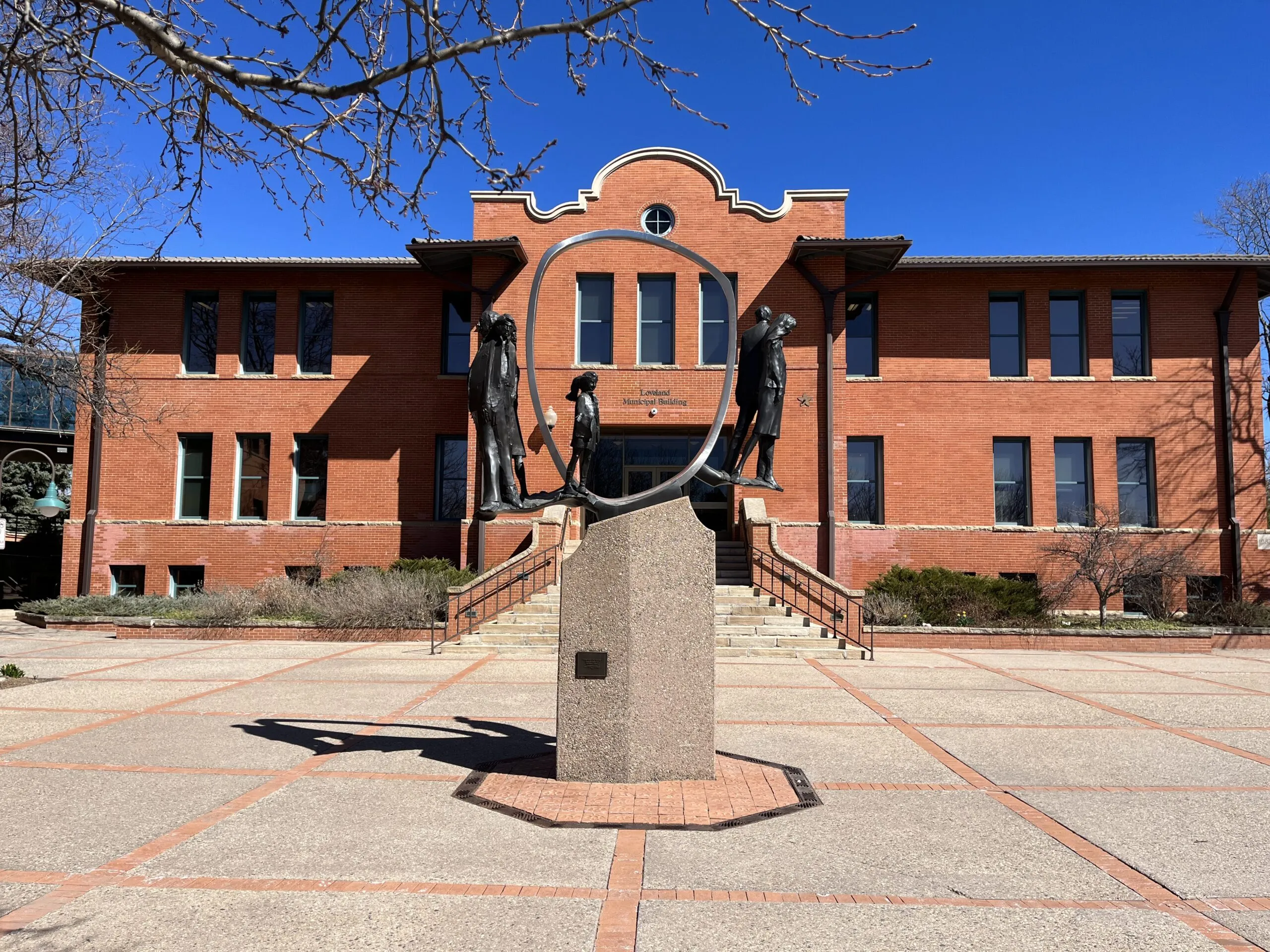Loveland hires outside counsel to take on McWhinney lawsuit

LOVELAND — In a special meeting called in response to a developer’s lawsuit against the city of Loveland, the City Council on Wednesday hired an outside attorney despite some council members’ concern that that lawyer might soon represent another developer in litigation against the city.
On a motion introduced by Troy Krenning, the only lawyer on the panel, the council voted 7-2, with councilmembers Dana Foley and Steve Olson dissenting, to hire attorney Michael D. Plachy of Denver-based Lewis Roca Rothgerber Christie LLP to defend the city against a breach-of-contract lawsuit by developer McWhinney Real Estate Services…
THIS ARTICLE IS FOR SUBSCRIBERS ONLY
Continue reading for less than $3 per week!
Get a month of award-winning local business news, trends and insights
Access award-winning content today!



